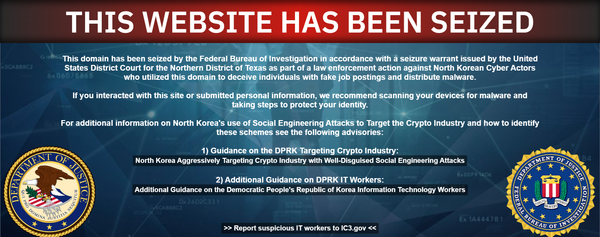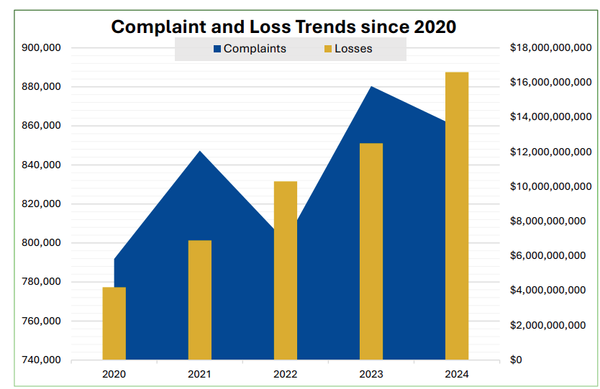Meta Addresses Pig-Butchering, Claims Two-Year Collaboration with Law Enforcement
Microsoft seizes 240 ONNX domains, Thai court dismisses NSO spyware suit by jailed dissident, Lawmakers urge government response on Salt Typhoon, 2,000 Palo Alto firewalls affected by PAN-OS zero days, Mexico probes Ransomhub claims, N. Korean hackers are using Chinese front companies, much more





